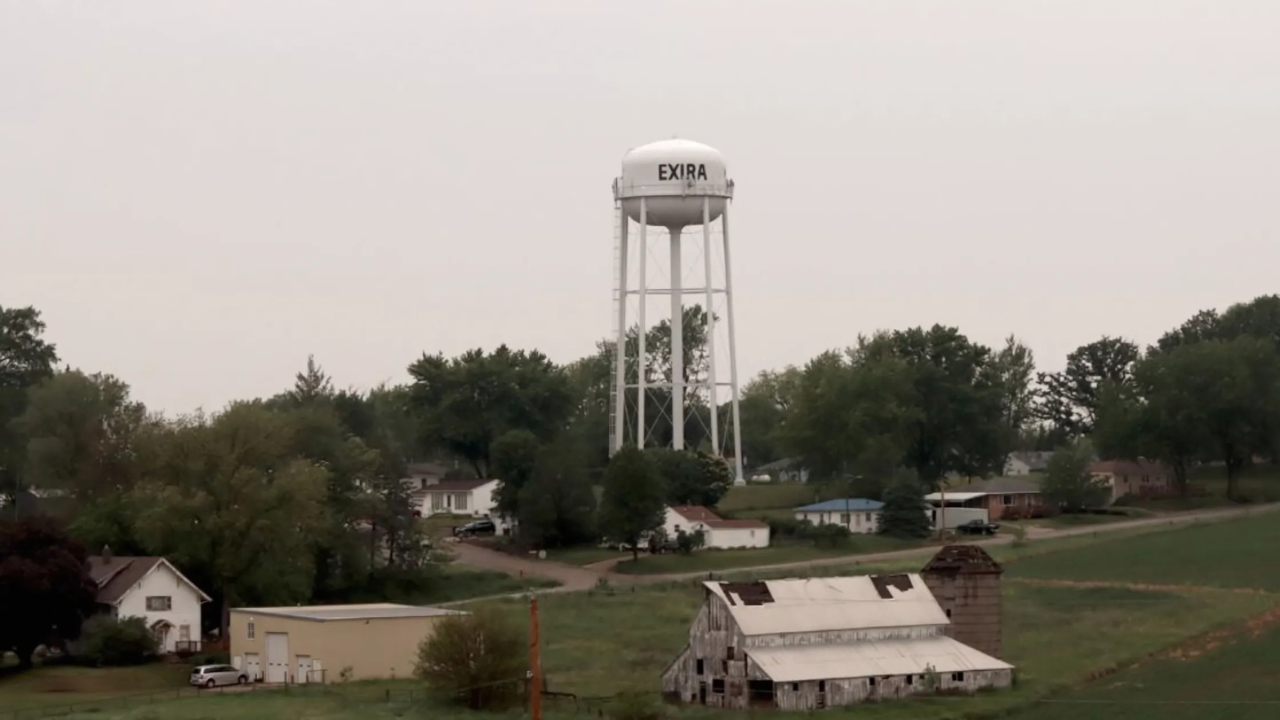Iowa State Auditor Rob Sand recently visited southwest Iowa to hear directly from residents facing an ongoing water crisis.
The small town of Hamburg in Fremont County has been dealing with serious water shortages for months. In some homes, water barely comes through the taps. When it does, people have to boil it before using it. This has created major challenges for families, local businesses, and the overall daily life of the town.
During his visit, Sand met with several residents and city officials who shared their concerns about the crumbling water infrastructure.
The problem is not just about poor water quality—it’s also about a lack of water pressure and unpredictable service. One local woman explained how she was unable to bathe or do laundry at home due to the lack of water pressure. Others mentioned needing bottled water just to get through the day.
The town of Hamburg has seen its population drop over the years, especially after a devastating flood in 2019. The Missouri River flood left a lasting impact on homes, roads, and utility systems, including the water system.
Since then, the town has been struggling to fully recover. The water plant and pipes are now old and in bad shape. Officials say a major upgrade is badly needed, but the cost is too high for the small town to handle on its own.
Rob Sand’s visit is part of his “100 Town Hall Tour,” where he travels across Iowa to hear directly from communities. He said it’s important for government officials to see problems up close instead of only reading about them in reports.
Sand listened to residents and promised to raise their concerns at the state level. While the State Auditor’s role doesn’t include direct funding powers, Sand often uses his platform to push for better transparency and fair use of taxpayer money. He also believes the state should look at long-term solutions, especially for small rural towns that don’t have the funds to fix big problems like this.
The water issues in Hamburg are not unique in Iowa. Across the state, many small towns are facing similar struggles with aging infrastructure.
Boil advisories have become more common, and some rural communities are at risk of running out of clean water. This is not just a local issue—it’s a sign of deeper challenges in how rural America maintains its basic services.
Hamburg’s city officials say they have applied for state and federal grants to help repair and rebuild the water system. However, getting funding is a slow and uncertain process.
In the meantime, the town is forced to issue boil orders whenever bacteria or contamination is suspected. For the residents, that means extra stress and health concerns, especially for elderly people, children, and those with medical conditions.
Many residents are frustrated and tired. One longtime resident said she’s never seen the town in such a bad condition. She’s worried about the future and whether the younger generation will choose to stay or move away. “If we can’t guarantee clean water, how can we expect people to live here?” she asked.
Rob Sand agreed that it’s not fair for communities like Hamburg to be left behind. He emphasized the need for better planning, support, and urgency at the state level. He added that clean water is a basic right, not a luxury. If towns like Hamburg are to survive and grow, they need reliable infrastructure.
As he wrapped up his visit, Sand said he would continue to highlight these issues in his reports and conversations with state leaders. He believes that change is possible—but only if those in power listen and act quickly.






